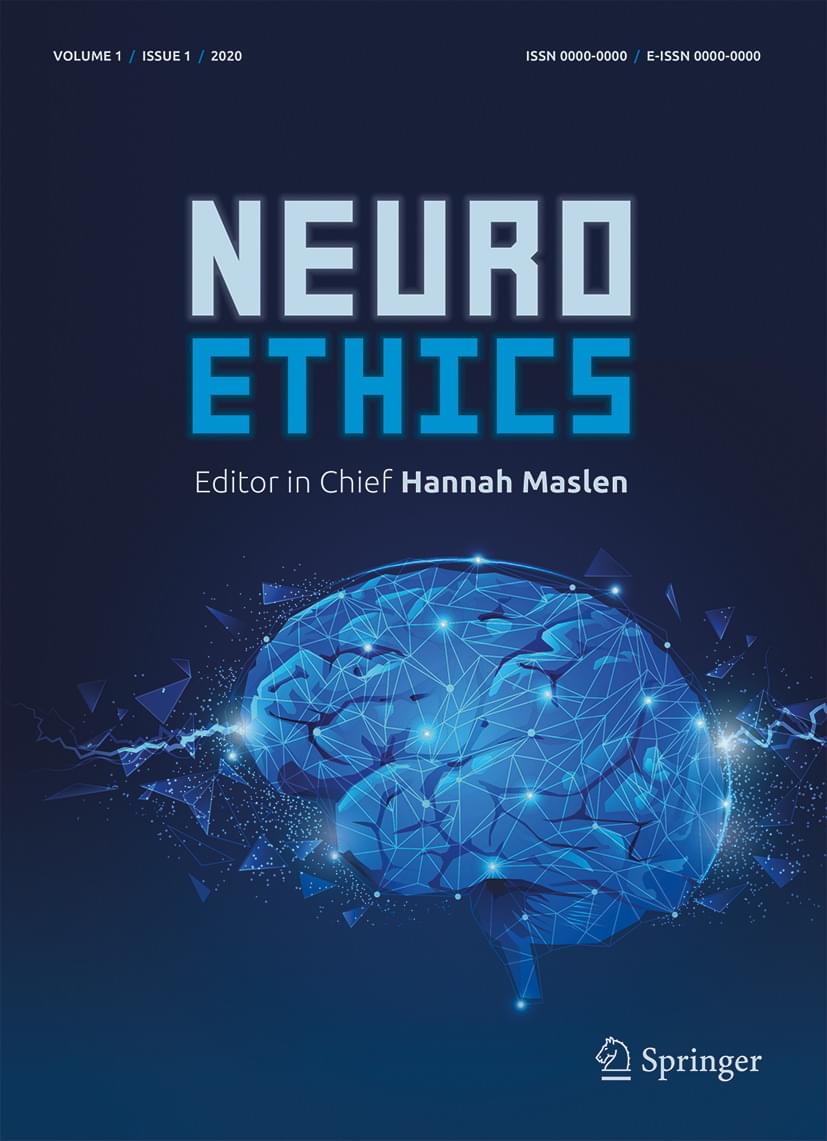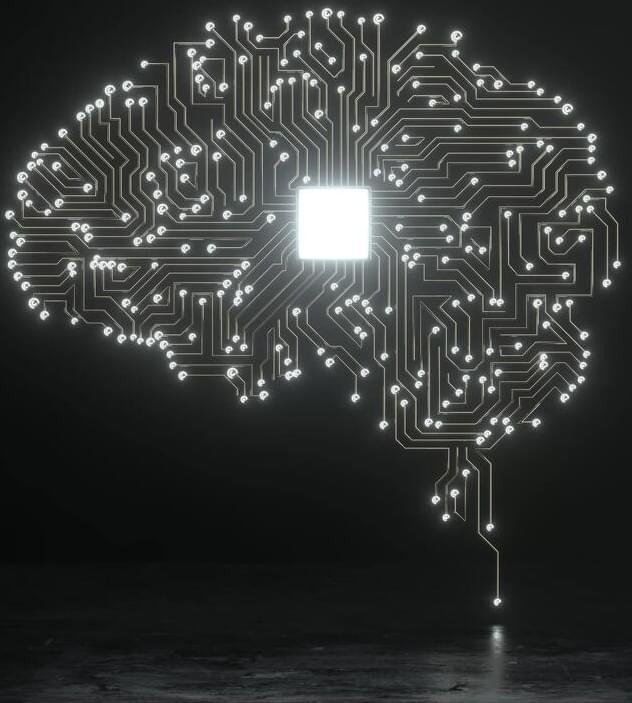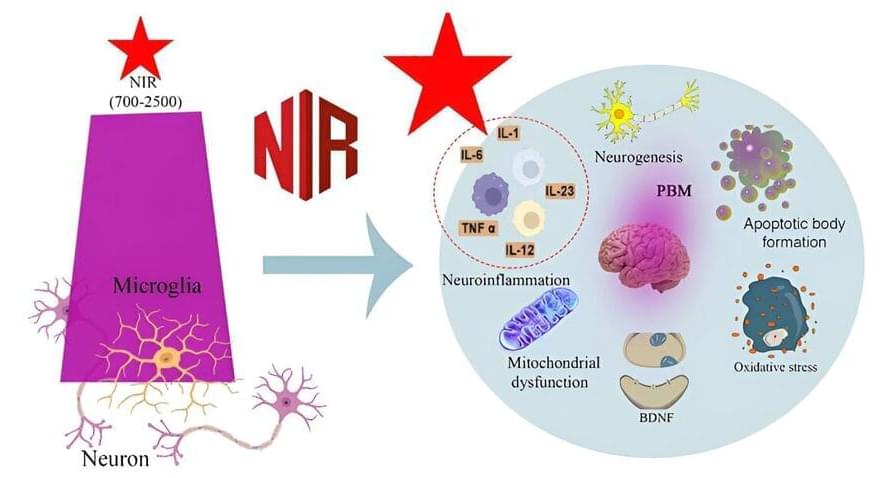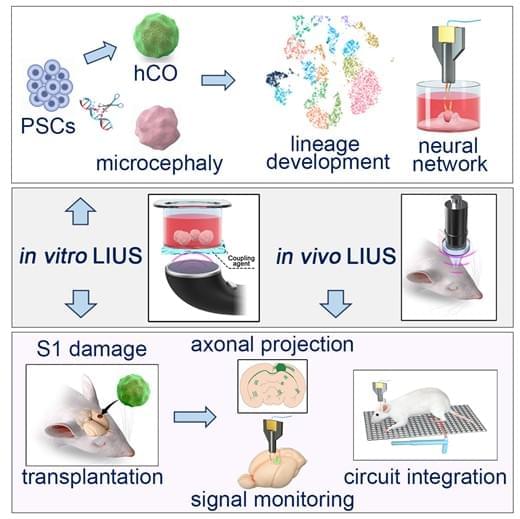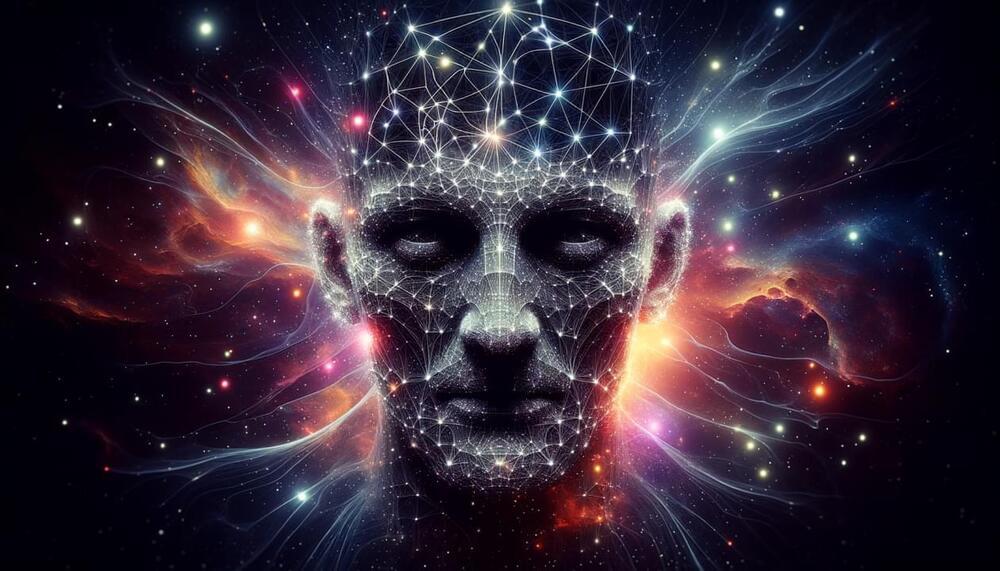Jul 24, 2024
Global Versus Local Theories of Consciousness and the Consciousness Assessment Issue in Brain Organoids
Posted by Dan Breeden in categories: biotech/medical, ethics, neuroscience
Recently, human brain organoids have raised increasing interest from scholars of many fields and a dynamic discussion in bioethics is ongoing. There is a serious concern that these in vitro models of brain development based on innovative methods for three-dimensional stem cell culture might deserve a specific moral status [1, 2]. This would especially be the case if these small stem cell constructs were to develop physiological features of organisms endowed with nervous systems, suggesting that they may be able to feel pain or develop some form of sentience or consciousness. Whether one wants to envision or discard the possibility of conscious brain organoids and whether one wants to acknowledge or dispute its moral relevance, the notion of consciousness is a main pillar of this discussion (even if not the only issue involved [3]). However, consciousness is itself a difficult notion, its nature and definition having been discussed for decades [4, 5]. As a consequence, the ethical debate surrounding brain organoids is deeply entangled with epistemological uncertainty pertaining to the conceptual underpinnings of the science of consciousness and its empirical endeavor.
It has been argued that neuroethics should circumvent this fundamental uncertainty by adhering to a precautionary principle [6]. Even if we do not know with certainty at which point brain organoids could become conscious, following some experimental design principles would ensure that the research does not raise any ethically problematic features in the years to come. It has also been proposed to redirect the inquiry to the “what-kind” issue (rather than the “whether or not” issue) in order to rely on more graspable features for ethical assessment [7]. These strategies, however, make the epistemological issue even more relevant. The question of whether or not current and future organoids can develop a certain form of consciousness (without presupposing what these different forms of consciousness might be) and how to assess this potentiality in existing biological systems is bound to stay with the field of brain organoid technology for a certain time. Even if it is not for advancing ethical issues, there is a theoretical interest in determining the boundary conditions of consciousness and its potential emergence in artificial entities. Although the methodological and knowledge gap is still wide between the research community on cellular biology and stem cell culture on the one side and the research community on consciousness such as cognitive neuroscience on the other, there will be more and more circulation of ideas and methods in the coming years. The results of this scientific endeavor will, in turn, impact ethics.
In this article, I look back at the history of consciousness research to find new perspectives on this contemporary epistemological conundrum. In particular, I suggest the distinction between “global” theories of consciousness and “local” theories of consciousness as a thought-provoking one for those engaged in the difficult task of adapting models of consciousness to the biological reality of brain organoids. The first section introduces the consciousness assessment issue as a general framework and a challenge for any discussion related to the putative consciousness of brain organoids. In the second section, I describe and critically assess the main attempt, so far, at solving the consciousness assessment issue relying on integrated information theory. In the third section, I propose to rely on the distinction between local and global theories of consciousness as a tool to navigate the theoretical landscape, before turning to the analysis of a notable local theory of consciousness, Semir Zeki’s theory of microconsciousness, in the fourth section. I conclude by drawing the epistemological and ethical lessons from this theoretical exploration.
